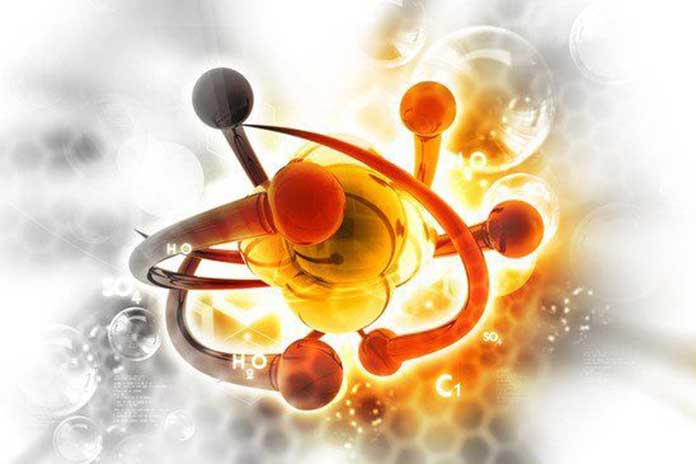LONDON: Researchers say they have developed a new theory for recording the lowest temperatures ever measured, with the largest accuracy allowed by the laws of nature.
The research, published in the journal Physical Review Letters, holds promise to revolutionise low-temperature physics and could find a plethora of applications in emerging quantum technologies.
Researchers from the University of Nottingham in the UK and the Institute of Photonic Sciences in Spain show that it is possible, in principle, to measure temperatures below a billionth of a Kelvin in a cold atomic gas without disturbing it significantly, beating current precision standards.
They modelled a Bose–Einstein condensate — a unique state of matter achieved by cooling an atomic gas down to extremely low temperatures — using realistic experimental parameters.
The thermometric technique would work by embedding an impurity atom into the atomic condensate, so that it acquires information about the temperature of the sample through interaction.
Its position and velocity become temperature-dependent so that, by monitoring them, the temperature can be inferred with high accuracy without disturbing the condensate.
Ultra-cold atomic gases are a very versatile experimental platform for a number of applications such as simulation of strongly correlated systems, quantum information processing, or the production of high-quality (cold) electron beams for electron microscopy or electron diffraction.
For most of these applications it is essential to cool down the atomic gas to the lowest temperatures possible.
Determining the temperature of these systems precisely is also critical for applications.
“The most common thermometric techniques currently available for cold atoms are destructive; that is, the sample is destroyed as a result of the measurement,” said Mohammad Mehboudi from the Institute of Photonic Sciences.
“On the other hand, non-destructive techniques usually lack the necessary accuracy at very low temperature. Our research provides a solution that overcomes both of these problems,” Mehboudi said.
The newly-developed theoretical framework of quantum thermometry seeks to determine the fundamental limits on the precision of temperature measurements close to absolute zero; and it applies universally to any system, researchers said.
This can provide clues as to how to improve current low-temperature thermometric standards, they said. (AGENCIES)


